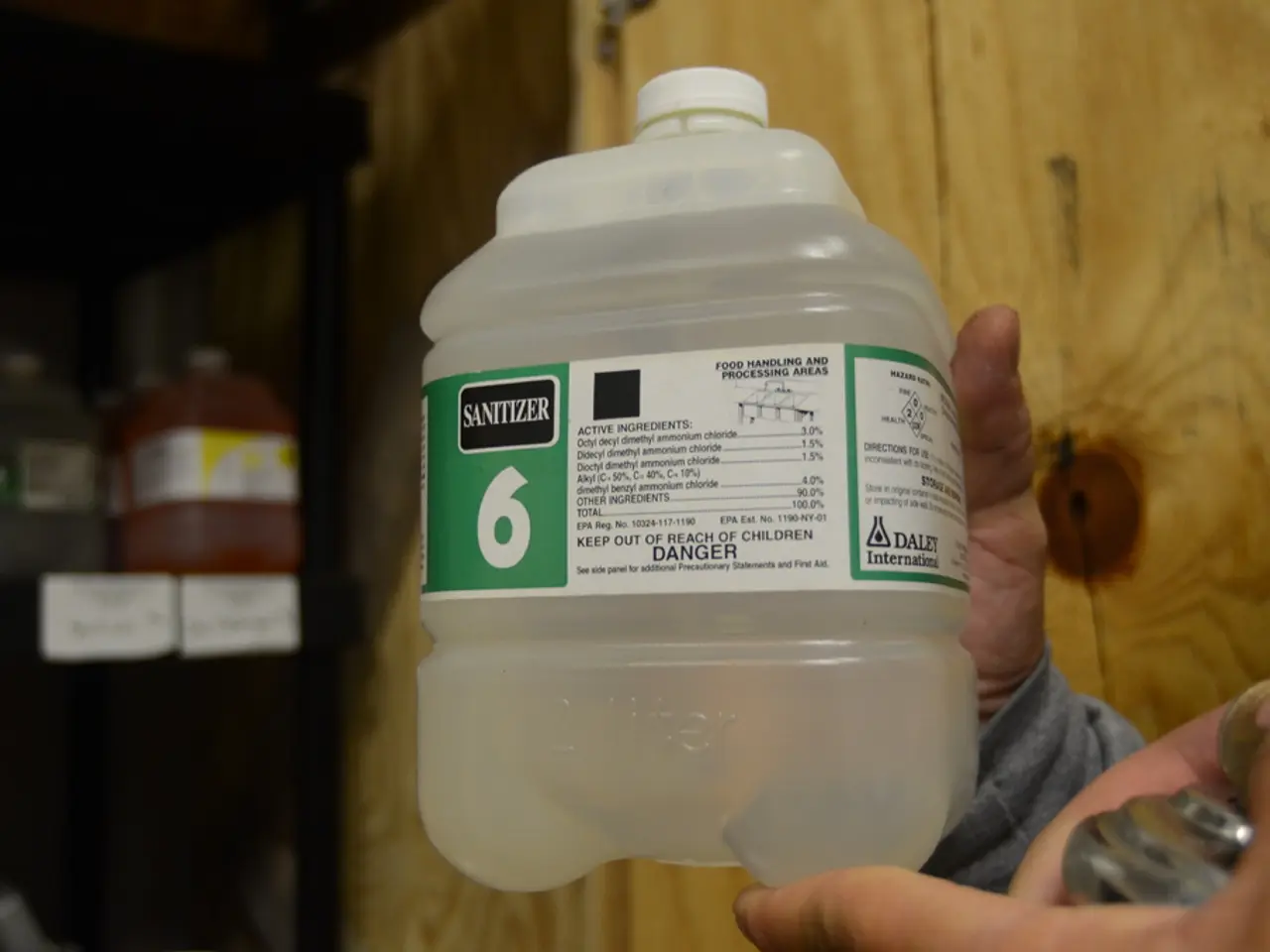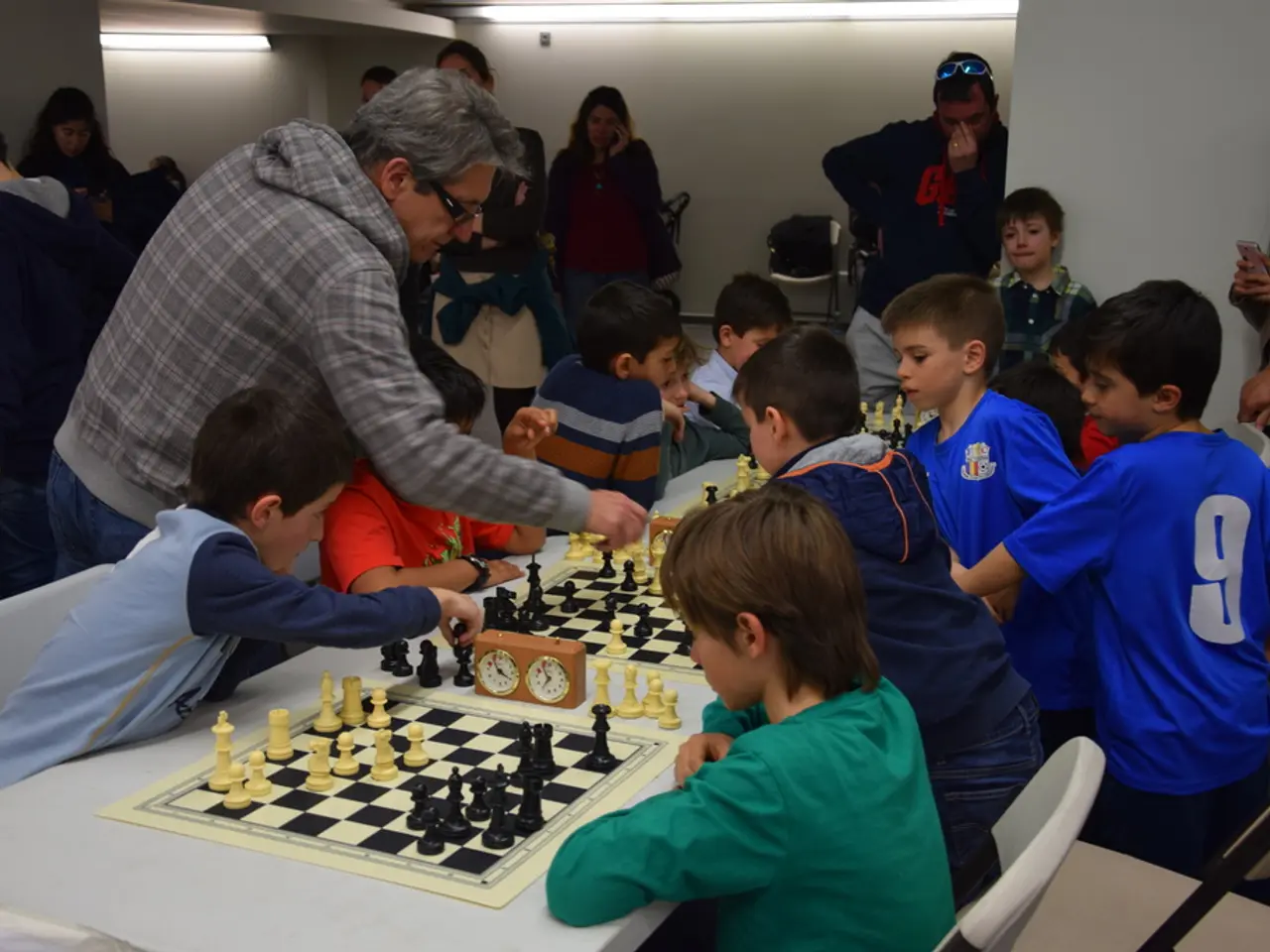NCAA Forms Committee to Investigate Possible Implementation of Sports Betting
The National Collegiate Athletic Association (NCAA) has formed a committee to oversee the expanding US sports betting industry, with a focus on understanding how sports betting affects the NCAA's educational efforts and the integrity of collegiate sports.
GP Bud, the NCAA board of governors chairman from Georgia Tech, asserted a thoughtful approach towards sports betting, emphasizing the importance of keeping competition alive while upholding the spirit of the game. This approach is reflected in the committee's work, which involves studying the impact of sports betting on player availability reporting, the NCAA's current rules, and the overall educational efforts of the NCAA.
The committee will explore feasible ways of dealing with the risks associated with sports wagering, collaborating with the staff of NCAA's national office, student athletes, and others to ensure transparency in the system. The NCAA continues to prohibit all forms of sports betting and does not plan to change this policy anytime soon, especially when it comes to betting on college sports.
However, in April 2025, the Division I Board of Directors voted 21–1 to deregulate wagering on professional sports for student-athletes and staff, directing the Division I Council to formalize this change. This potential shift comes as a response to the widespread legalization of sports betting (in 39 states as of mid-2025) and the challenge of enforcing a blanket ban.
The Division I Council introduced a proposal that, if adopted (expected around July 2025) and endorsed by Divisions II and III, will allow wagering on professional sports while keeping the ban on collegiate sports betting intact. This policy, if ratified, may be implemented as early as the 2025 football season.
The NCAA continues to prohibit sharing insider information about college events and forbids sports betting advertising or sponsorships related to NCAA championships to maintain integrity and avoid conflicts of interest. The policy also emphasizes student-athlete wellness, with increased focus on education about the risks and potentially harmful effects of sports betting.
The NCAA aims to refocus enforcement efforts on serious threats to collegiate sports such as point-shaving, game-fixing, and misuse of insider information, rather than minor betting violations on professional sports. This approach seeks to balance pragmatic acceptance of the expanded legal sports betting environment with safeguarding the integrity of college competition.
By allowing betting only on pro sports and not college sports, the NCAA hopes to reduce temptations and conflicts that could affect player availability or the quality of collegiate competition. Enforcement resources will be concentrated on behaviors that directly undermine college sports integrity. The NCAA maintains a firm stance against altering the prohibition on college sports betting at this time, preserving core safeguards to protect athletes and the sport itself.
In conclusion, the NCAA is moving toward allowing student-athletes and staff to bet on professional sports while continuing to prohibit betting on college sports, supported by enhanced educational programs and targeted enforcement to protect athletes and maintain the integrity of collegiate sports. The NCAA's initiative will be supported by a sports betting and well-being summit scheduled for March 2019, organized by the NCAA Sport Science.
- Incorporating education about the risks and potentially harmful effects of sports betting into their programs, the NCAA continues to uphold their commitment to both education-and-self-development and student-athlete wellness.
- Beyond the focus on sports betting, the NCAA has also expanded their initiatives to include a sports betting and well-being summit, signaling a wider approach towards learning about various aspects of sports, including sports-betting.




